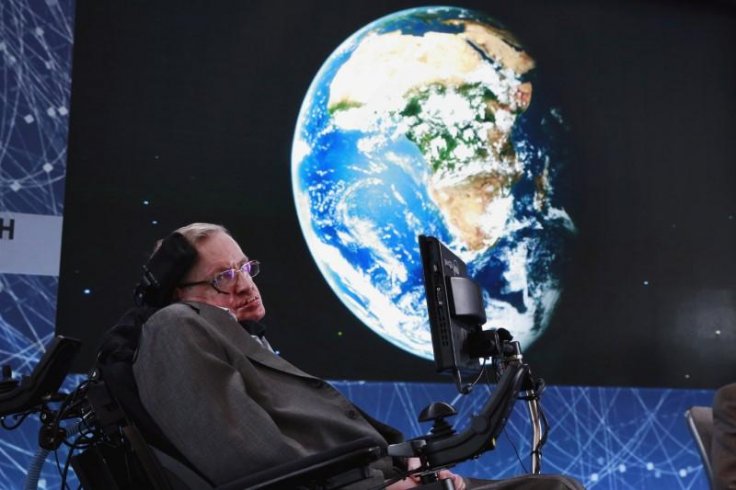
Legendary theoretical physicist Stephen Hawking's Centre for Theoretical Cosmology (COSMOS) has recently announced a joint venture with the well-known tech behemoth HPE (Hewlett Packard Enterprise). The eminent scientist will now be working with a newly developed supercomputer, which would help him in understanding the secrets of black holes and foundation of the universe better.
The supercomputer, which is capable of digging through a massive data set of about 14 billion years, will aid the renowned scientist to explore the pieces of evidence about the Big Bang that are hiding under this gigantic pool of data.
"In a fast-moving field, we have the two-fold challenge of analyzing larger data sets while matching their increasing precision with our theoretical models. In-memory computing allows us to ingest all of this data and act on it immediately," said the head of COSMOS, professor Paul Shellard to Newsweek.
Stephen Hawking had established the supercomputer facility of COSMOS way back in 1997 as an effort to support particle physics researches, cosmology and, of course, the astrophysicists. Hawking, who is also a professor at the Cambridge University, had earlier expressed his aspiration of finding out the "ultimate theory" making use of the infinite computing power. Once the theory is discovered, it would help scientists, across the world immensely, to foretell "everything in the universe."
The search for the ultimate theory includes developing a comprehensive 3D map of the ancient universe, which would aid in contriving the location of several galaxies, supernovas and black holes.
"Our COSMOS group is working to understand how space and time work, from before the first trillion trillionth of a second after the Big Bang up to today," Professor Hawking stated. "The recent discovery of gravitational waves offers amazing insights about black holes and the whole universe. With exciting new data like this, we need flexible and powerful computer systems to keep ahead so we can test our theories and explore new concepts in fundamental physics."
In the latest effort, an HPE Apollo supercomputer will be utilized along with the company's Superdome Flex in-memory computing platform to facilitate COSMOS in addressing the cosmological theory along with all the data set from the identified universe. It would also gather data pools from the comparatively new sources, like gravitational waves.
"The in-memory computing capability of HPE Superdome Flex is uniquely suited to meet the needs of the COSMOS research group. The platform will enable the research team to analyze huge data sets and in real time. This means they will be able to find answers faster," said, vice president of HPE Randy Meyer.









